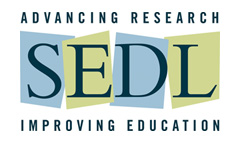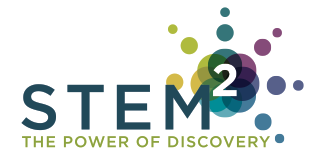You are here
STEM Competitions, Projects, & Culminating Events
STEM Competitions, Projects, & Culminating Events
There are also databases that provide comprehensive lists of reviewed curriculum specifically for expanded learning programs. The reviewed curriculum spans across various grade levels, disciplines, & subject matter.


This section offers a variety of opportunities that can be implemented outside of the regular STEM learning opportunities, which includes STEM competitions, projects, & culminating events.

